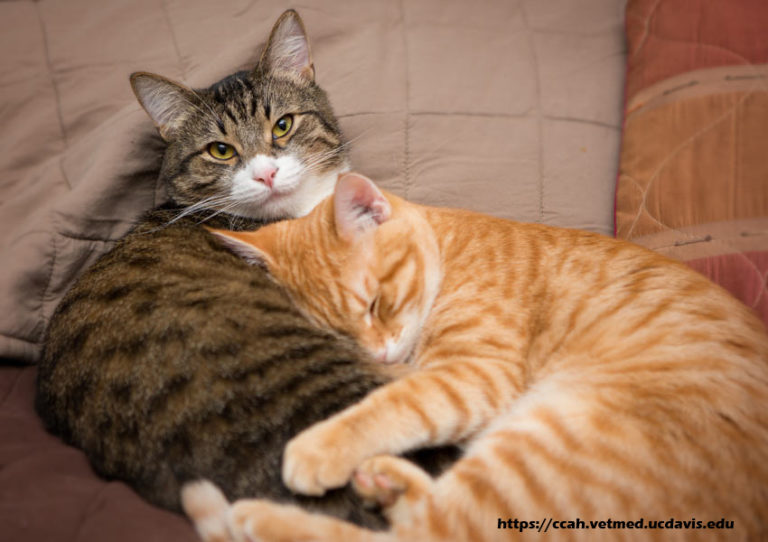Basic Wound Care
Trim the fur around the affected area and clean the wound carefully, using a damp washcloth and antiseptic soap. This must be done each morning and evening for five days. The wound should remain uncovered for approximately three days, allowing it to drain. This helps to prevent abscess. Licking is a natural part of healing, so allow your cat to lick his wound for three days. After three days it is helpful to apply an antibiotic cream and outfit your cat with an e-collar to prevent licking. If your cat is lethargic or stops eating, he could have blood poisoning. See your veterinarian immediately.
Ear Mites
Ear mites are tiny white parasites feed on the skin debris of cats and may chew on the tissue within the ear canal. Your cat may find them itchy or even painful and typically responds with excessive scratching of his hears or tilting his head to one side. Ear mites leave behind a waxy brown substance that looks like coffee grounds.
To treat ear mites at home combine a clove of garlic with a cup of olive oil and let it sit overnight. Discard the garlic and put a few drops in each ear every third day, for three weeks.
Cat Flu
Cats can get the flu, and it makes them feel miserably. Their little noses and eyes run and become swollen, and they typically begin sneezing.
It is important to keep your cat eating while she recovers. You may need to warm his food or add a little garlic to make it more palatable. Take him into the bathroom with you when showering, so he can breath in the humidity. Using a soft warm cloth, wipe his eyes and nose as needed. Each day give him 250 mg of vitamin C and one drop of liquid echinacea for every three pounds of body weight. Do not give your cat aspirin. Recovery typically takes a week to ten days.
If your cat gets worse or does not appear to respond to treatment, please see your veterinarian. The flu virus sometimes attacks kittens, leaving them prone to recurrences for the rest of their lives. In that case, you may want to discuss a feline flu vaccine with your veterinarian.
Warning
Never substitute online advice or judgment for your own. Only a veterinarian is qualified to diagnose and treat animals.














